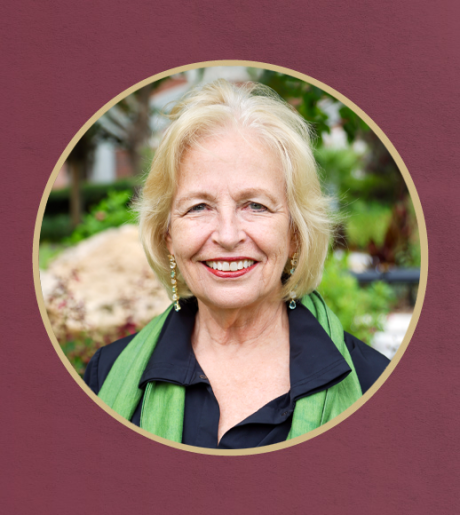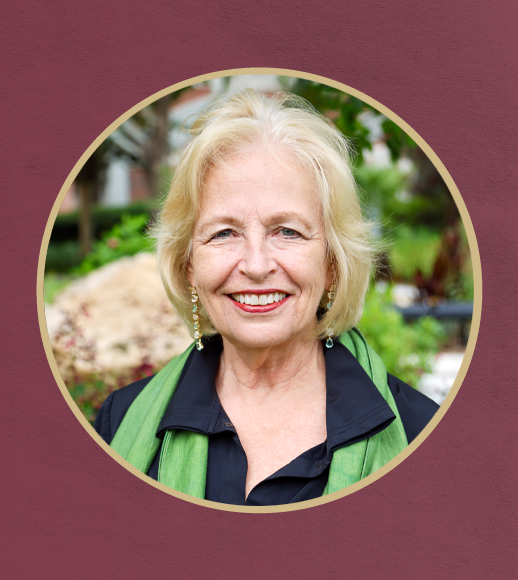Spring Highlights Gaps in Risk Behavior Conversations with Cancer Survivors


A study led by senior author Bonnie Spring, Ph.D., underscores an important challenge in survivorship care. Many oncologists struggle to clearly communicate with adult cancer survivors about poor diet, smoking, obesity, and insufficient physical activity. All increase the risk of disease recurrence and premature death for cancer survivors. Professional guidelines advise oncologists to counsel about risk behavior change, but such discussions are rare and primarily initiated by patients.
Oncologists specializing in different cancer types were interviewed about their approach to addressing lifestyle risk behaviors in cancer survivors. Qualitative analysis showed that clinicians largely avoided or indirectly discussed risk behaviors to avoid upsetting the patient or causing hurt feelings. “Benevolent bias”, whereby clinicians downplay or blunt their communication to what they think patients can handle emotionally, may lead cancer survivors to underestimate the importance or urgency of overcoming risk behaviors. The findings point to a need for more support and guidance to help oncologists have clear, effective conversations about risk behaviors. Doing so can help survivors better understand the role of lifestyle in their long-term health and recovery.
Additionally, STELLAR, a pragmatic trial funded by the group’s NCI P50 program project grant, tries to overcome the problem. STELLAR tests the effectiveness of an intervention that treats cancer survivors for smoking, weight, and/or insufficient physical activity. Survivors use an app to track their health behaviors, and their data is transmitted to a coach who counsels them via telehealth. The coach, in turn, sends a brief progress report back to the patient’s oncologist. The report includes a behavior change “crib sheet”: 4 one-sentence prompts the doc can use to reinforce the patient’s behavior change success or to encourage renewed effort toward goals for coaching attendance, diet, smoking, and physical activity.

